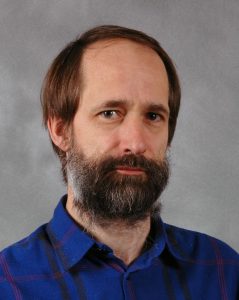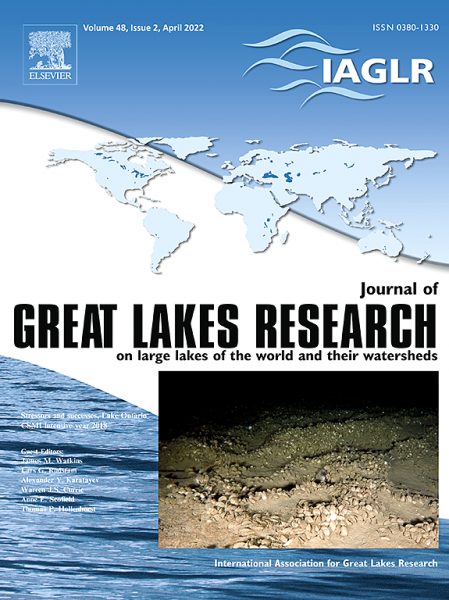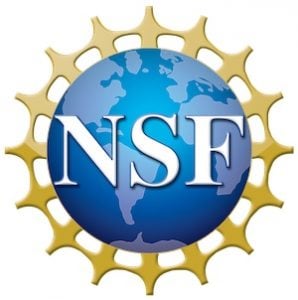Upon the recommendation of the Structural Engineering Institute, Arman Tatar has been selected by the American Society of Civil Engineers (ASCE) as the recipient of the 2022 O.H. Ammann Research Fellowship in Structural Engineering.
The award will allow Tatar to purchase the necessary parts and material to pursue his original research topic in addition to the research he is currently conducting under Dan Dowden’s supervision.
By Civil, Environmental, and Geospatial Engineering.






















